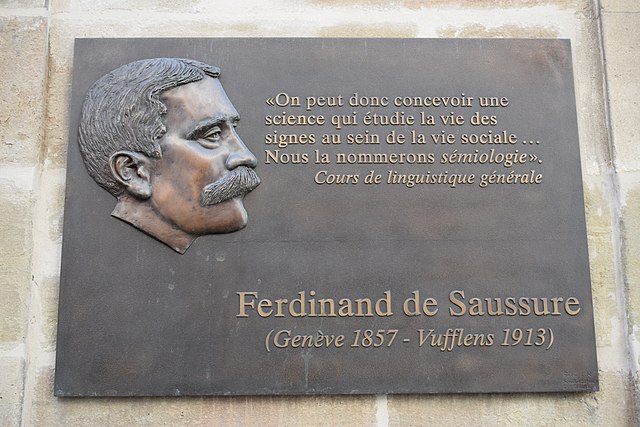In pragmatics, a subdiscipline of linguistics, an implicature is something the speaker suggests or implies with an utterance, even though it is not literally expressed. Implicatures can aid in communicating more efficiently than by explicitly saying everything we want to communicate. The philosopher H. P. Grice coined the term in 1975. Grice distinguished conversational implicatures, which arise because speakers are expected to respect general rules of conversation, and conventional ones, which are tied to certain words such as "but" or "therefore". Take for example the following exchange:A : I am out of gas.
B: There is a gas station 'round the corner.
Dan Sperber, who developed relevance theory together with Deirdre Wilson
"Yewberry", more accurately the aril of the European yew
Linguistics is the scientific study of language. Linguistics is based on a theoretical as well as a descriptive study of language and is also interlinked with the applied fields of language studies and language learning, which entails the study of specific languages. Before the 20th century, linguistics evolved in conjunction with literary study and did not employ scientific methods. Modern-day linguistics is considered a science because it entails a comprehensive, systematic, objective, and precise analysis of all aspects of language – i.e., the cognitive, the social, the cultural, the psychological, the environmental, the biological, the literary, the grammatical, the paleographical, and the structural.
Swiss linguist Ferdinand de Saussure is regarded as the creator of semiotics



